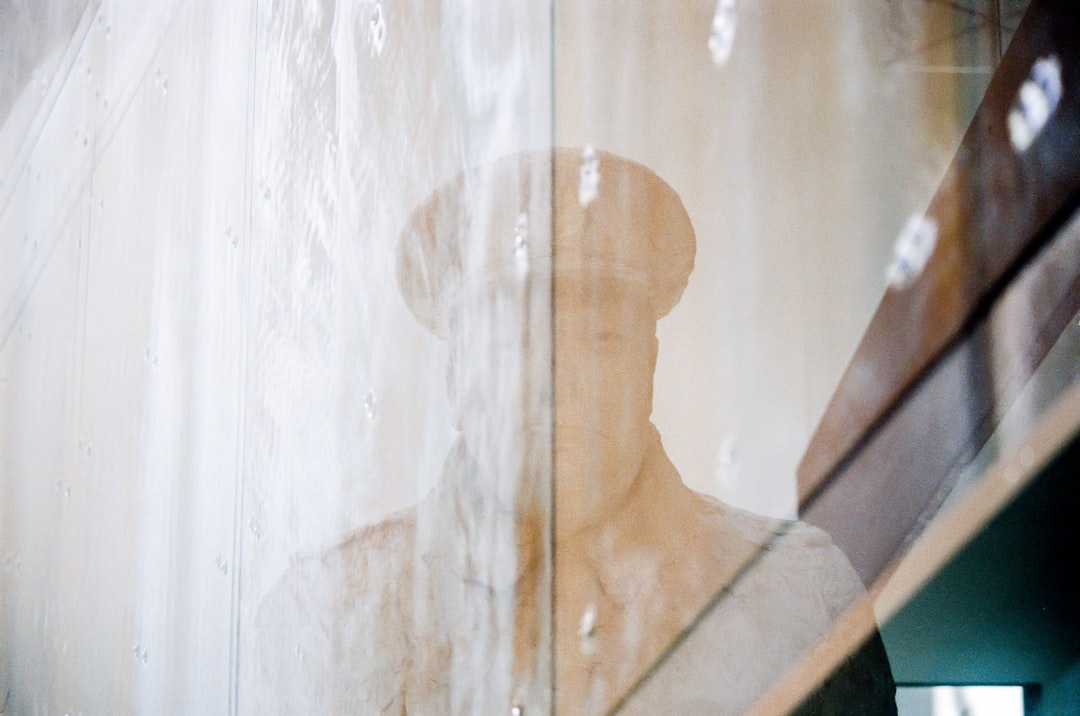Dreams have long been a source of fascination and curiosity for humans throughout history. From ancient civilizations to modern psychology, dreams have been analyzed and interpreted in various ways. One aspect of dreams that has been of particular interest is their connection to emotions.
Emotions play a crucial role in shaping our dreams and can heavily influence the content and themes that we experience during sleep. Whether it be fear, anxiety, happiness, or sadness, our emotions can manifest themselves in our dreams in often vivid and profound ways.
One theory suggests that dreams are a way for our subconscious mind to process and make sense of our emotions. In this view, dreams act as a sort of emotional outlet, allowing us to explore and work through our deepest feelings and fears in a safe and controlled environment.
For example, those who are experiencing high levels of anxiety or stress in their waking life may find themselves having recurring dreams of being chased or feeling trapped. These dreams may be a reflection of the individual’s underlying feelings of fear and helplessness, and may serve as a way for them to confront and process these emotions in a symbolic way.
Likewise, dreams can also be a source of joy and happiness. Dreaming of loved ones, pleasurable experiences, or achieving goals can evoke positive emotions and leave us feeling uplifted and inspired upon waking. These dreams can serve as a reminder of the things that bring us joy and fulfillment in our lives, and can help us to maintain a positive outlook even in times of hardship.
The connection between dreams and emotions is a complex and multifaceted one, with many factors at play. Research has shown that certain neurotransmitters and hormones, such as serotonin and cortisol, can influence the emotional content of our dreams. Additionally, our past experiences, memories, and subconscious beliefs can all contribute to the emotions that arise in our dreams.
One way to explore the connection between dreams and emotions further is through creative expression, such as through art or symbolism. For example, a visit to a san francisco tattoo shop may inspire someone to get a tattoo that represents a dream they had that was particularly emotionally impactful. This tangible representation of their dream can serve as a reminder of the emotions they experienced and the lessons they learned from the dream.
In conclusion, dreams and emotions are deeply intertwined, with our innermost feelings often finding expression in the mysterious world of our subconscious minds. By paying attention to the emotions that arise in our dreams, we can gain valuable insights into our innermost thoughts and feelings, and uncover hidden truths about ourselves. Whether they evoke fear, joy, sadness, or wonder, our dreams can serve as a powerful tool for emotional exploration and healing.

